Medical Brief: Sorafenib in Dogs
Sorafenib for the Treatment of Unresectable Hepatocellular Carcinoma: Preliminary Toxicity and Activity Data in Dogs. By Laura Marconato, et al(Cancers (Basel). 2020 May 18;12(5):1272. doi: 10.3390/cancers12051272).
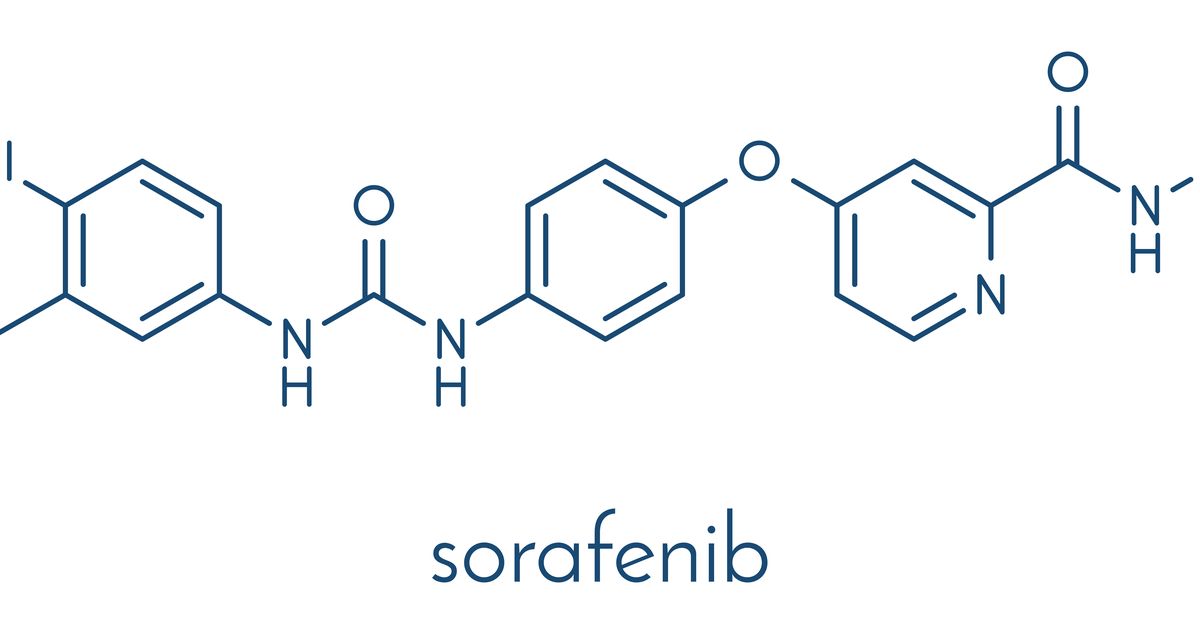
Sorafenib for the Treatment of Unresectable Hepatocellular Carcinoma: Preliminary Toxicity and Activity Data in Dogs. By Laura Marconato, et al(Cancers (Basel). 2020 May 18;12(5):1272. doi: 10.3390/cancers12051272).

What a week in our country. I can imagine that you may be feeling overwhelmed by the intensity of the news and pictures as I certainly am, as well as by the rapid pace of new information that keeps coming out.
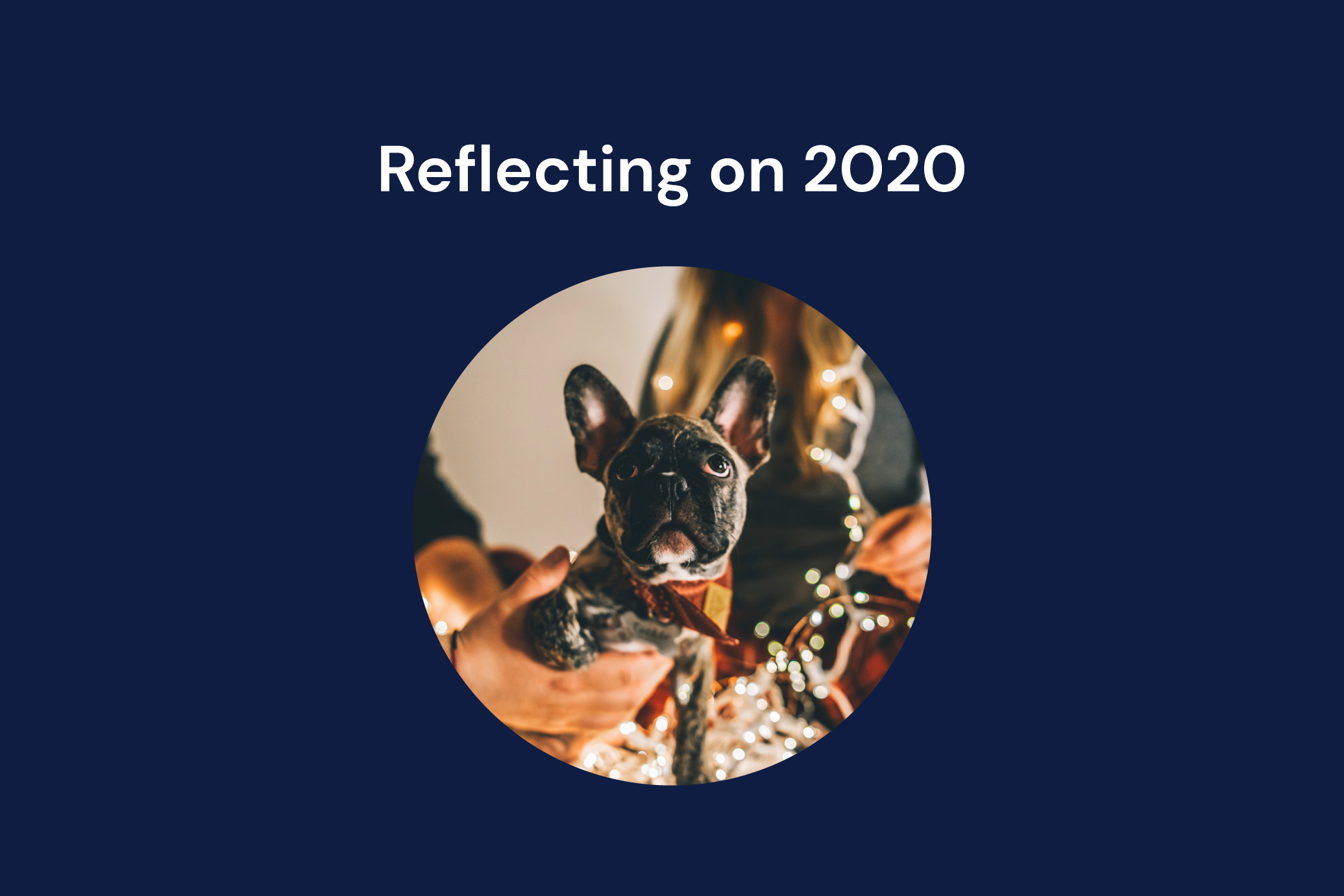
We know it hasn't been easy and we appreciate you.
The pandemic upended our lives and how you practice veterinary medicine. Looking back, we’re extremely proud of our team, our community, and our industry for the way it has adjusted to incredible circumstances and still delivered medicine with care and compassion.
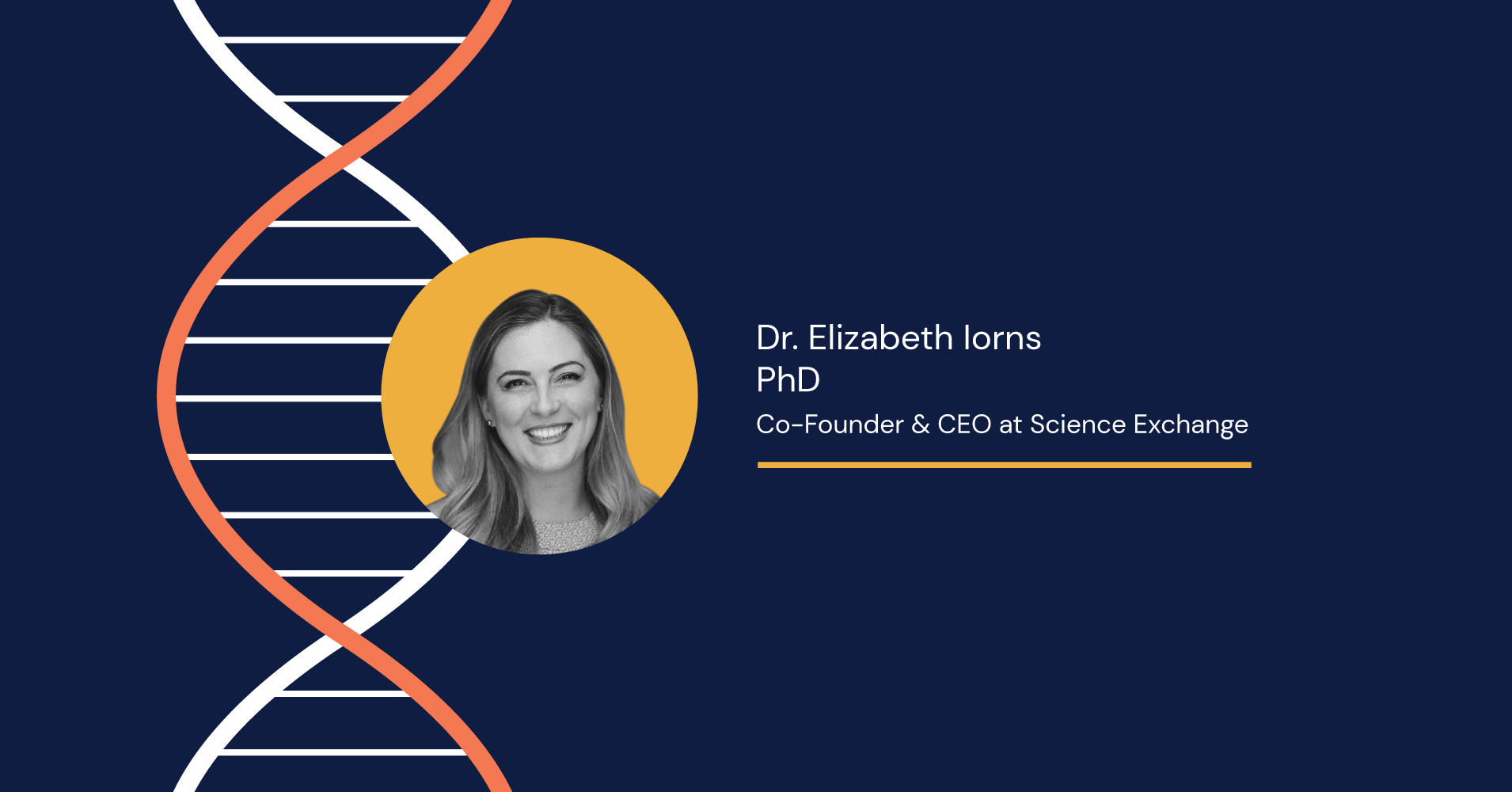
Dr. Elizabeth Iorns is a scientist whose research focuses on identifying mechanisms of breast cancer progression. She is a cofounder and CEO of Science Exchange, and she helped launch the Reproducibility Initiative. She was involved in the development of Olaparib, a targeted therapy directed at the BRCA1 and BRCA2 mutation, best known for its relation to breast cancer (and recently added to the FidoCure® platform).
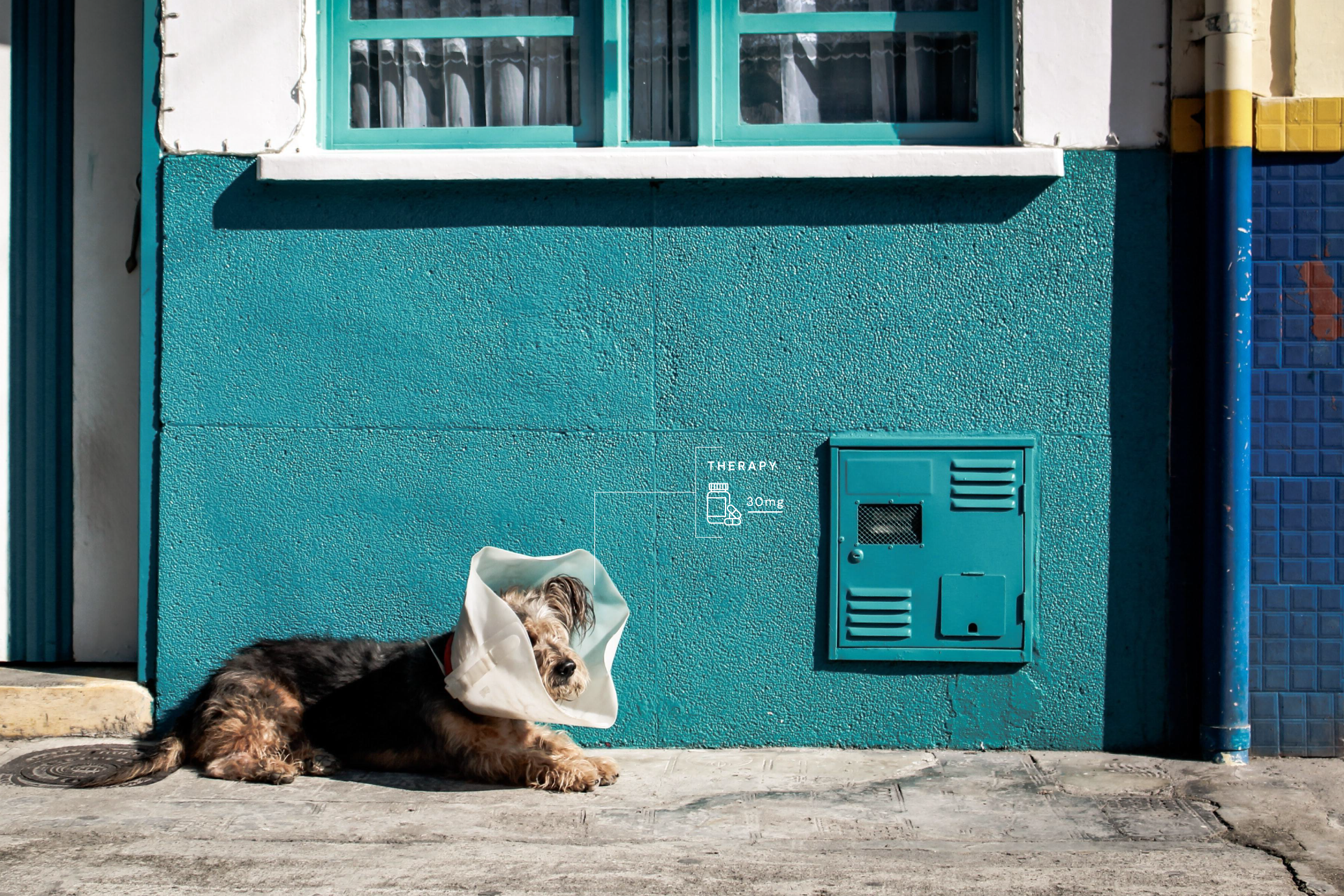
The following medical brief espouses how ordinary clinical trial design is rendered less than perfect for targeted therapies, and suggests how the following 3 interrelated Agile Trial Design principles should be considered:
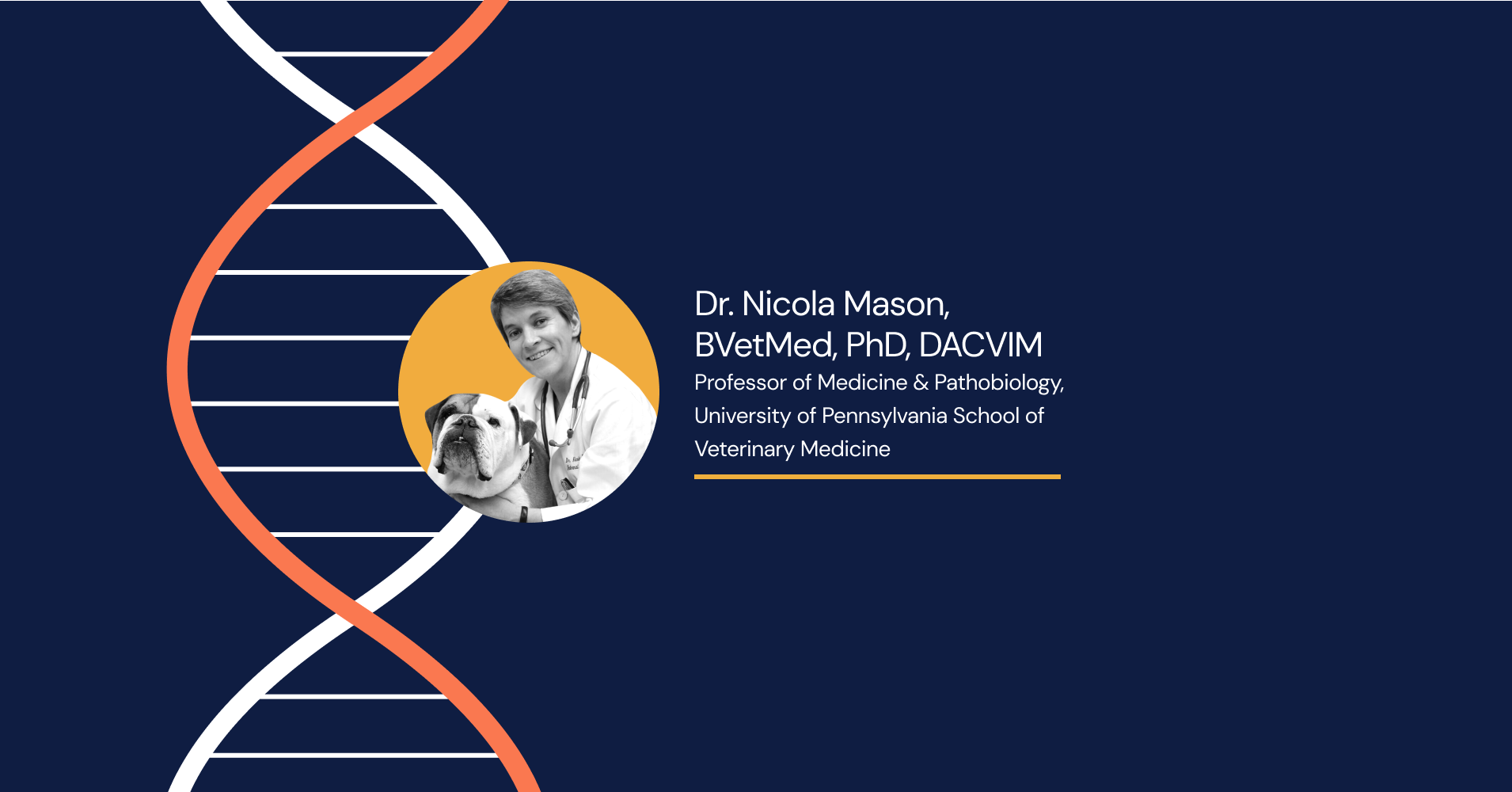
With new research and medical advancements, immunotherapy is the new frontier in veterinary oncology.
Please join us in welcoming Dr. Nicola Mason, B.Vet.Med,...

In recent academic literature, there have been more and more publications documenting that biochemical pathways in canine cancer cells are often dysregulated, and therefore, targeted therapies are likely of value.
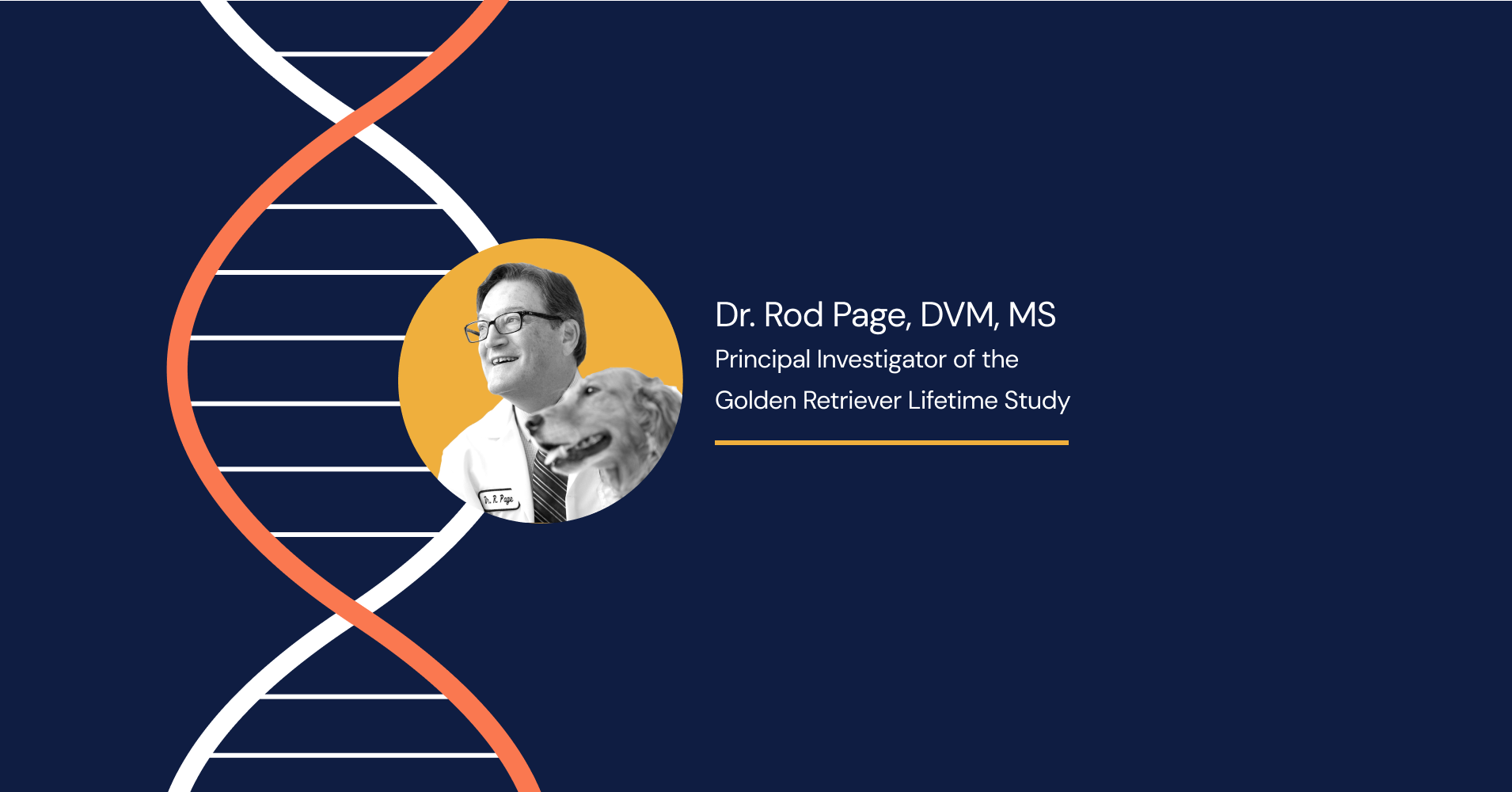
In veterinary cancer care, it’s common to come across tough clinical questions where there is no known right answer.

In veterinary cancer care, it’s common to come across tough clinical questions where there is no known right answer. A few examples include:
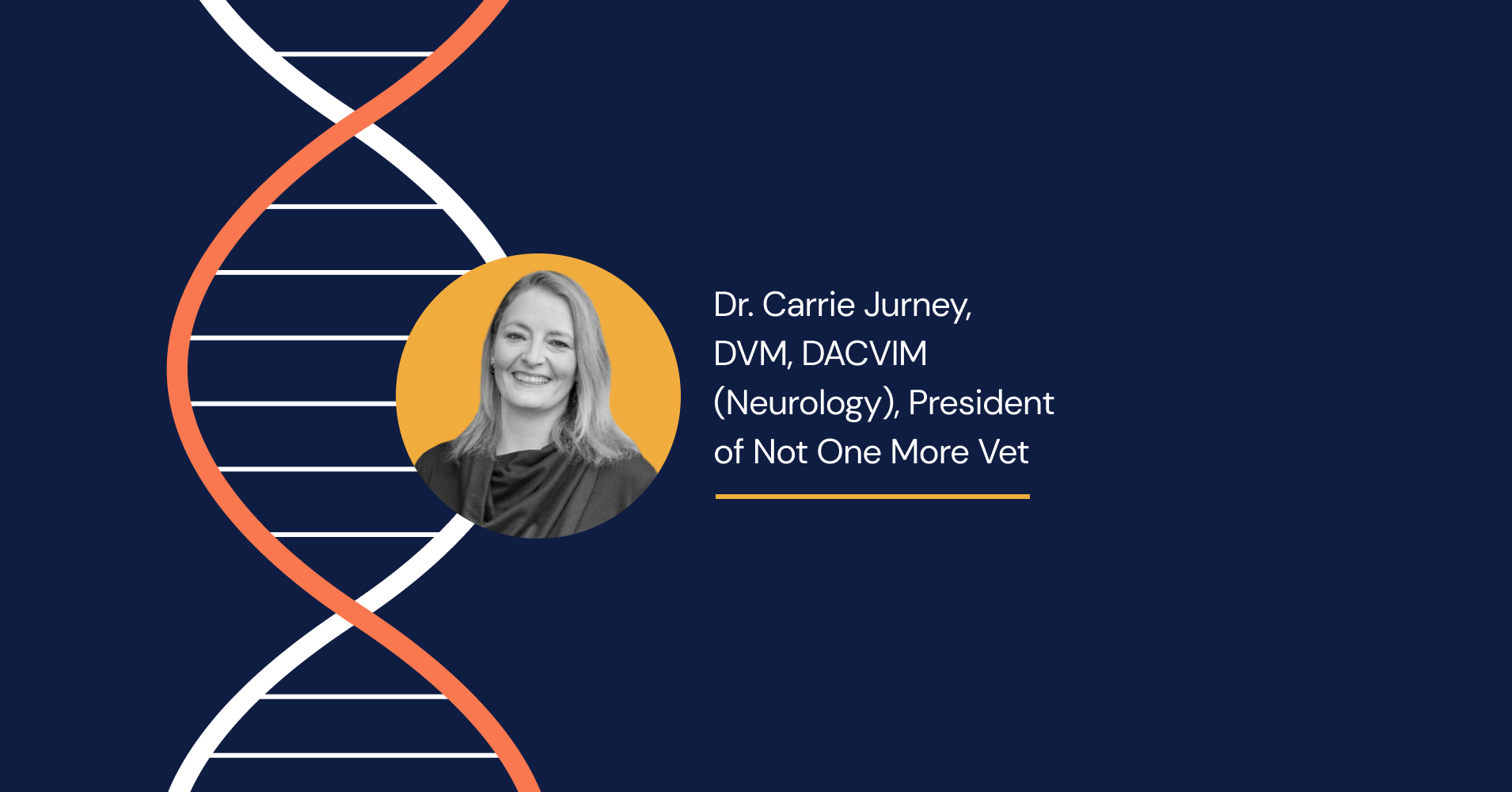
Mental health for veterinary professionals can be a challenge in the best of times and even more so during the stressful COVID-19 pandemic. Many of us are concerned with keeping our teams mentally healthy and happily engaged.
In the seventh webinar of this series, we welcome Dr. Carrie Jurney, DVM, DACVIM (Neurology), President of Not One More Vet, a non-profit supporting the mental health of veterinary professionals. She highlights the history of mental health in the veterinary community and delves into its effects during the global pandemic. Dr. Jurney discusses best practices and potential solutions, and provides answers to some of your most asked questions.
DISCLAIMER: All patients are enrolled in FidoCure® by a veterinarian with a valid veterinarian-client-patient relationship (VCPR). We use best efforts to inform the veterinarian on available targeted therapy options for patients. FidoCure® does not prescribe therapy. The targeted therapies that veterinarians may prescribe and order from compounding pharmacies, after receiving genetic test results from FidoCure®, may constitute extra-label uses of those drugs. FidoCure® makes no claims that every patient will have genetic test results that lead to targeted therapy options. FidoCure® makes no claims or guarantees about the effectiveness of the diagnostic and targeted therapy selected by the veterinarian for an individual patient. Like most cancer care approaches, the services provided by FidoCure® are not a guarantee of a cure. FidoCure® is not a pharmacy and does not supply drugs directly. By ordering any medication via one of our pharmacy partners, you agree that the pharmacy, not FidoCure®, is solely responsible and liable for any and all issues relating to the preparation, dispensation and fulfillment of the medication. The lifetime offer is subject to the commercially reasonable availability of any medication(s) and/or active pharmaceutical ingredient(s) necessary for the selected therapy.
© Copyright 2018-2022 OHC, All rights reserved